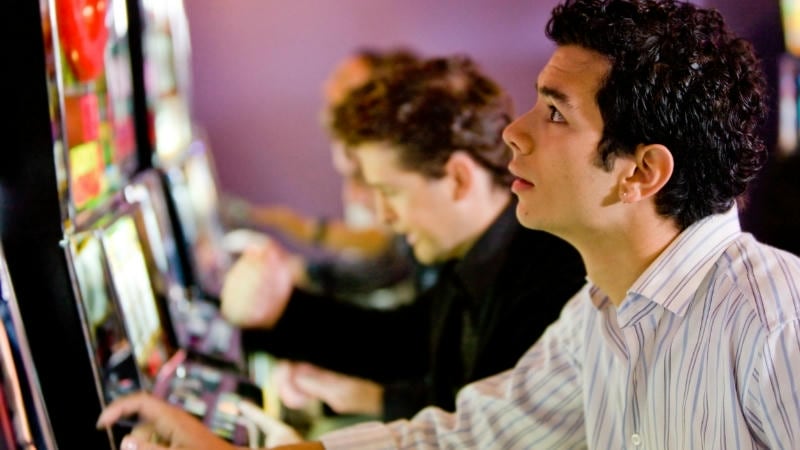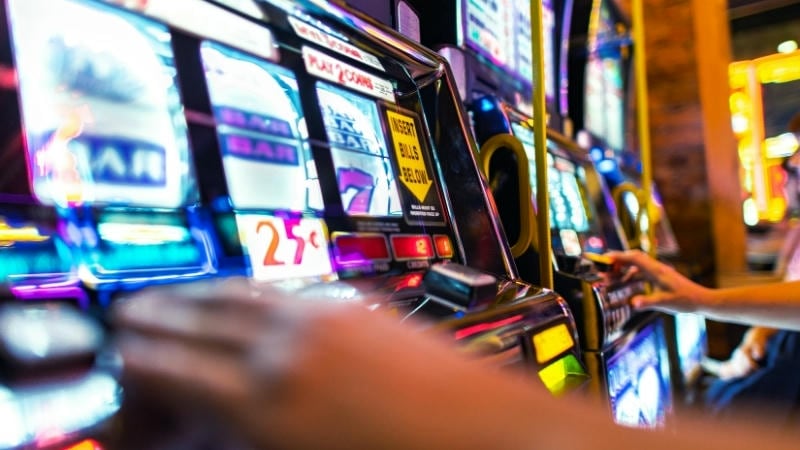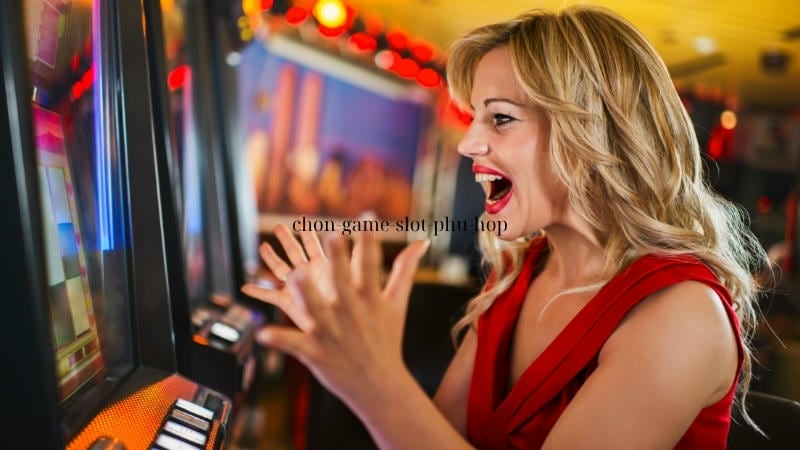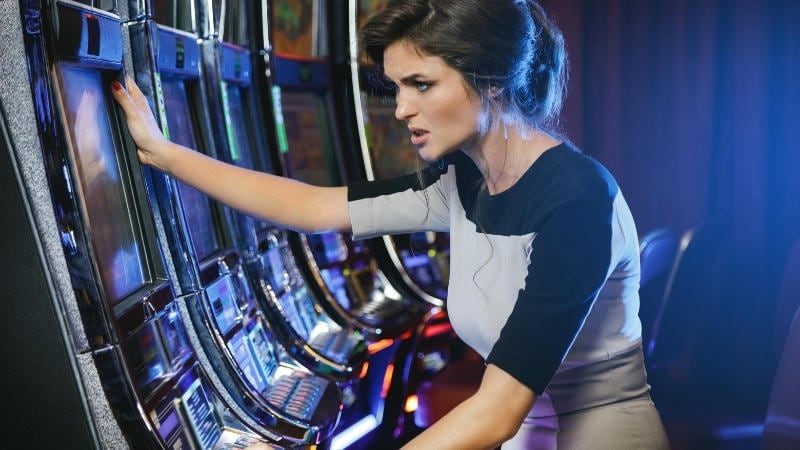Slot games captivate with vibrant visuals, immersive sounds, and jackpot allure. Slot game psychology reveals why they’re so addictive and how to play responsibly. Written for 91 Club, this article explores emotional triggers and offers strategies to enjoy slots without losing control. Gaming can remain a joyful escape with mindful habits.
The Magic Behind Slot Game Psychology
Slot game psychology captivates through sensory stimulation, sparking dopamine with every spin. Flashing lights and catchy melodies create a rush, even without wins. A 2023 study shows 70% of players feel thrilled by near-misses, mistaking them for progress. This emotional surge keeps players hooked, eagerly anticipating the next spin.
The unpredictable nature of slots mirrors life’s surprises, fueling their allure. Slot game psychology thrives on this randomness, as each spin feels like a fresh chance at a big win. Research indicates players spend 40% more time on slots than other games due to sporadic rewards. This uncertainty makes it hard to step away, as hope drives continued play.

Slots tap into deeper desires, offering an escape from daily struggles. Slot game psychology frames each spin as a potential solution to financial or emotional woes. This hope-driven narrative can turn casual gaming into an obsessive pursuit. Recognizing these mental hooks is crucial for maintaining a balanced approach to play.
Players’ emotional vulnerabilities amplify the pull of slots. Stress or boredom often drives people to spin, seeking temporary relief. Slot game psychology exploits these moments, creating a cycle of dependency. Understanding personal triggers, like a tough day, helps players pause before gaming becomes compulsive.
Why Slots Are Hard to Resist
Slot game psychology uses clever mechanics to sustain engagement. Bonus rounds and free spins give a sense of progress, even during losses. A 2024 study found 65% of players overestimate their odds due to these features. This illusion of control makes stopping feel like abandoning a near-certain win.
Social dynamics on platforms like 91 Club intensify the addiction. Players share wins, creating a sense of shared triumph and competition. Slot game psychology leverages this, encouraging longer sessions as players chase similar successes. Surveys show 50% of players spin more after seeing others’ victories online.
Emotional triggers push players toward slots for quick relief. The immersive world of spinning reels drowns out real-life worries, but the escape is fleeting. Slot game psychology capitalizes on these vulnerabilities, turning fun into obsession. Identifying why you play—stress or idleness—helps break this cycle before it deepens.
The constant feedback of wins, losses, and near-misses creates a gripping loop. Slot game psychology ensures every outcome feels significant, urging players to keep going. Data suggests 45% of frequent players chase losses, hoping to recover. Recognizing this pattern is key to regaining controlруса

Choosing the Right Slot Game Smartly
Choosing the right slot game is vital for balanced gaming. High-volatility slots offer big but rare wins, heightening emotional swings. Low-volatility games, favored by 55% of players per studies, provide steadier rewards, reducing stress. This promotes enjoyment without overwhelming emotional spikes.
Align your game with your intentions—fun or big wins? Choosing the right slot game means selecting slots with RTP rates above 95% for fairer returns. 91 Club’s filters help find games suited to your style, ensuring a tailored experience. This prevents getting lost in overly intense games.
Complex bonus systems can prolong play with tempting rewards. Slot game psychology uses these to extend sessions beyond intention. Simpler slots, like classic three-reel games, offer straightforward fun with less risk of compulsive play. These games maintain the thrill without overwhelming complexity.
Consider your emotional state when choosing a game. High-pressure slots can amplify stress, while calmer games suit relaxed play. Choosing the right slot game balances excitement and control, letting you enjoy 91 Club’s offerings mindfully. This approach keeps gaming a pleasure, not a burden.
Escaping Slot Game Psychology’s Grip
Breaking free from slot game psychology requires deliberate, actionable strategies. Set firm time and budget limits before playing—research shows 80% of responsible players use spending caps to avoid financial strain. 91 Club’s tools, like deposit limits and session timers, help enforce these boundaries. This keeps gaming enjoyable without risking overindulgence or financial stress.
Regular breaks disrupt the mesmerizing flow of slots, restoring mental clarity. A 10-minute pause every hour counters the clouded judgment induced by constant play. Slot game psychology thrives on uninterrupted sessions to maintain its grip. Breaks allow you to assess whether you’re truly enjoying the game or chasing losses, a pattern affecting 45% of frequent players.

If gaming feels overwhelming, seek support to regain perspective. Friends or online forums can reveal habits obscured by slot game psychology’s isolating effects. 91 Club offers responsible gaming tools, like self-exclusion, for those needing a pause. These resources empower players to step back confidently, preventing compulsive play from taking root.
Diversify your hobbies to dilute slots’ allure with fulfilling alternatives. Activities like hiking, painting, or cooking offer joy without financial risk. Slot game psychology weakens when life brims with varied passions. A 2022 study found 60% of players cutting gaming time reported improved mental health, focus, and overall life satisfaction.
Slot game psychology weaves sensory thrills, emotional hooks, and clever design to keep players spinning. Understanding these forces empowers responsible play. Choosing the right slot game, setting firm limits, and exploring diverse hobbies are key for 91 Club players. Embrace the excitement mindfully, ensuring slots enhance life without dominating it.

